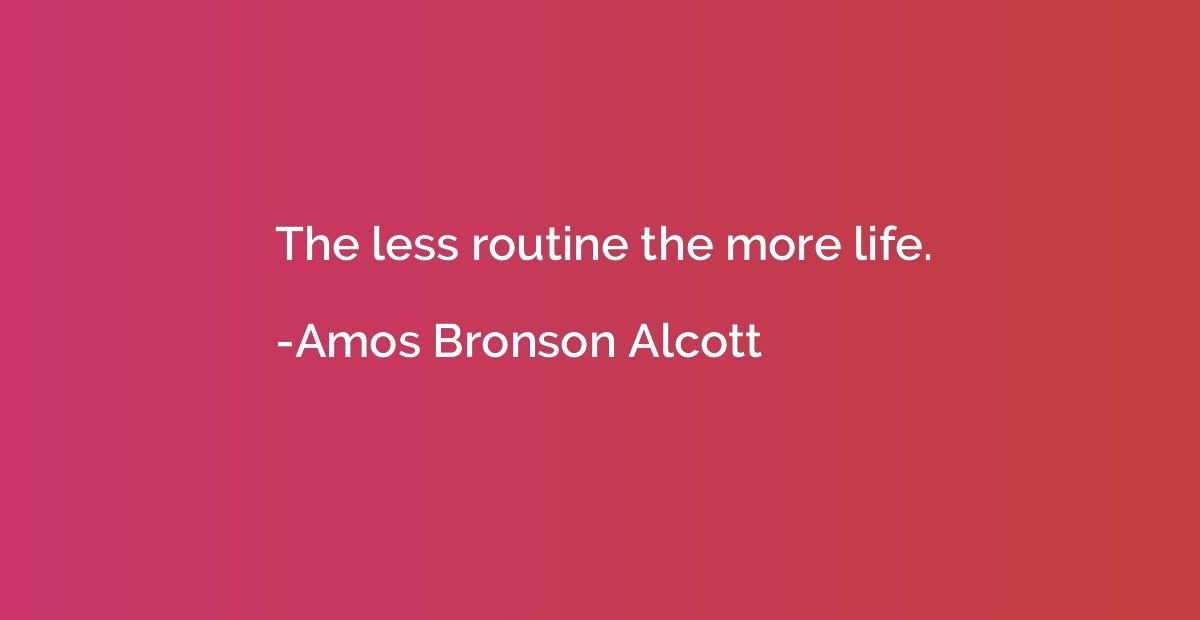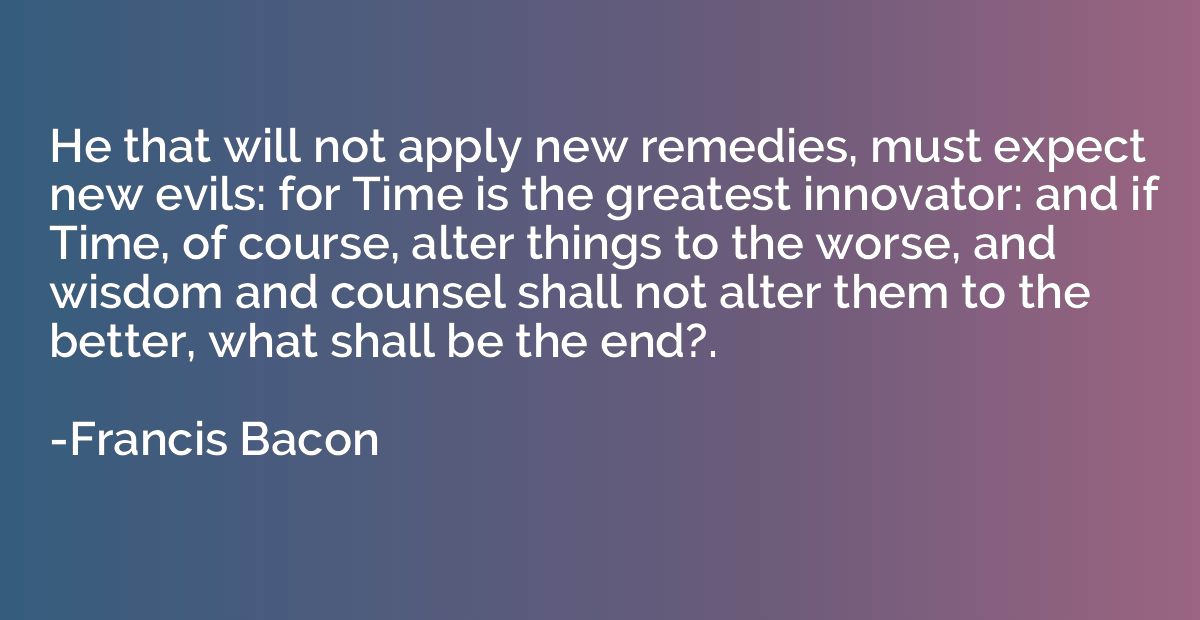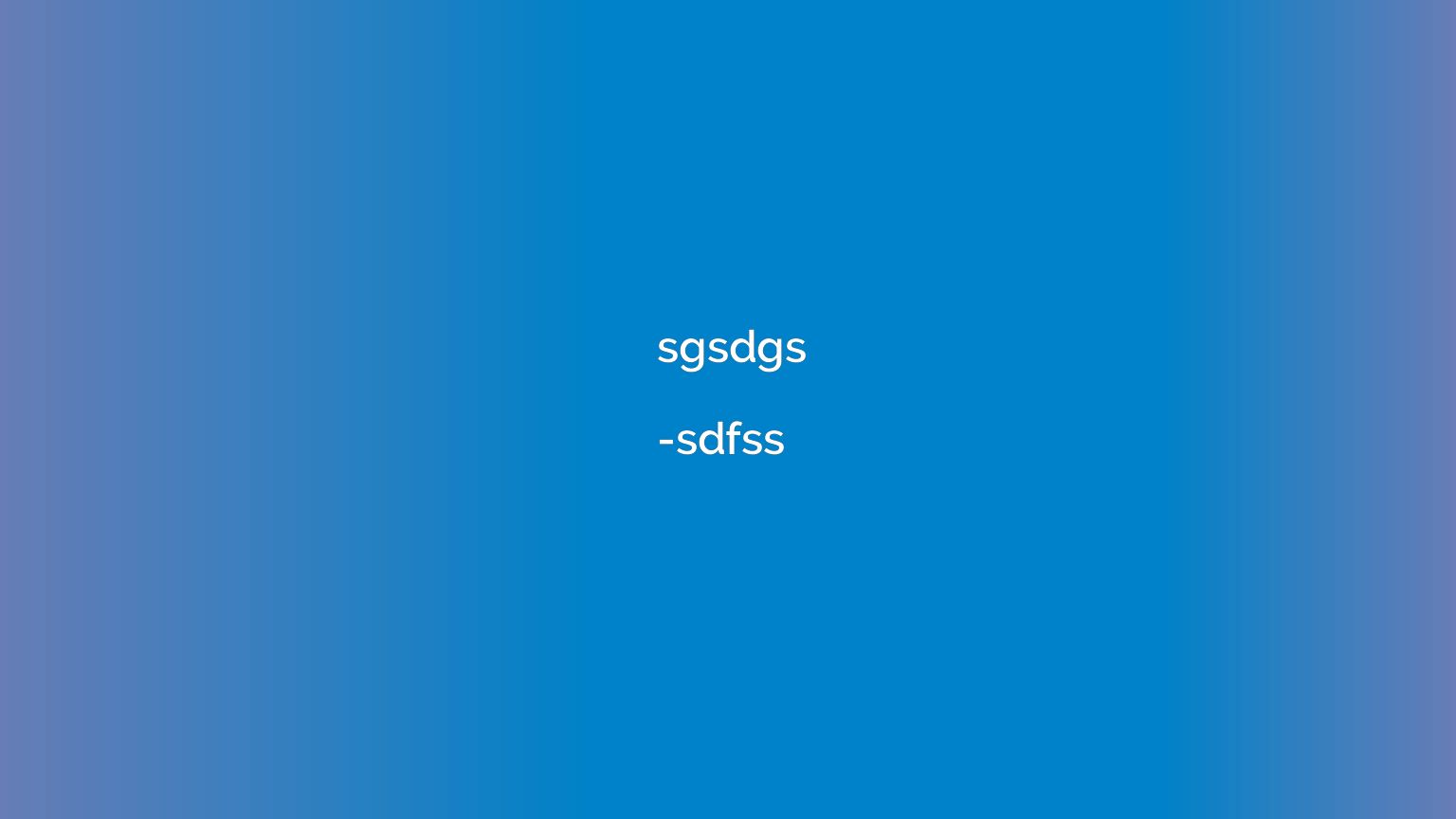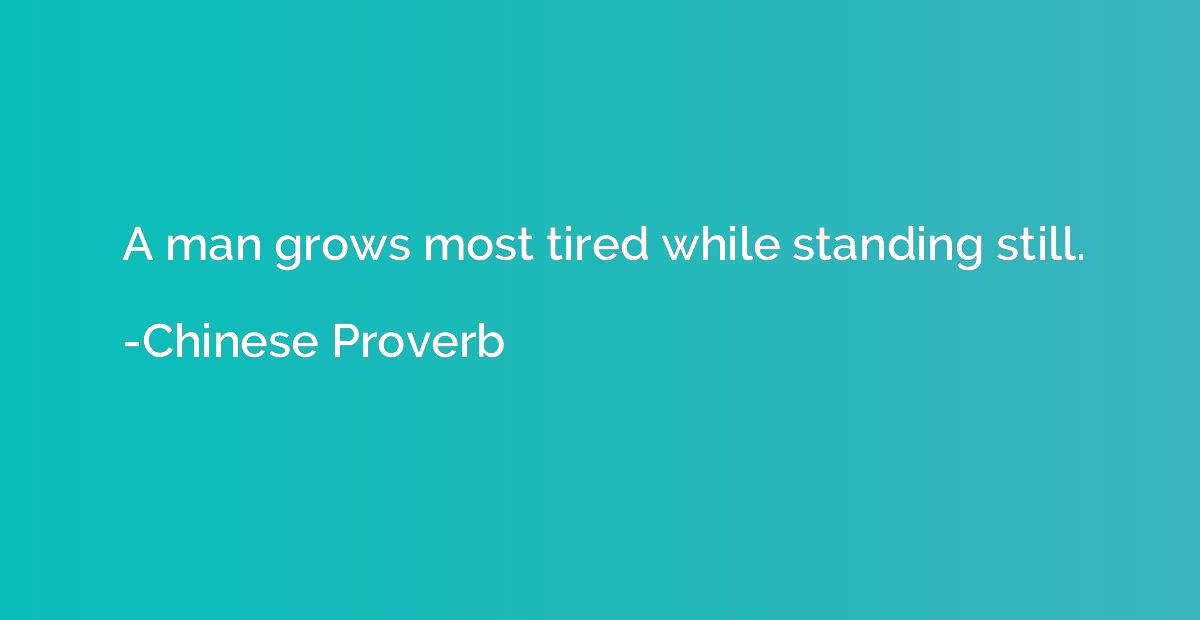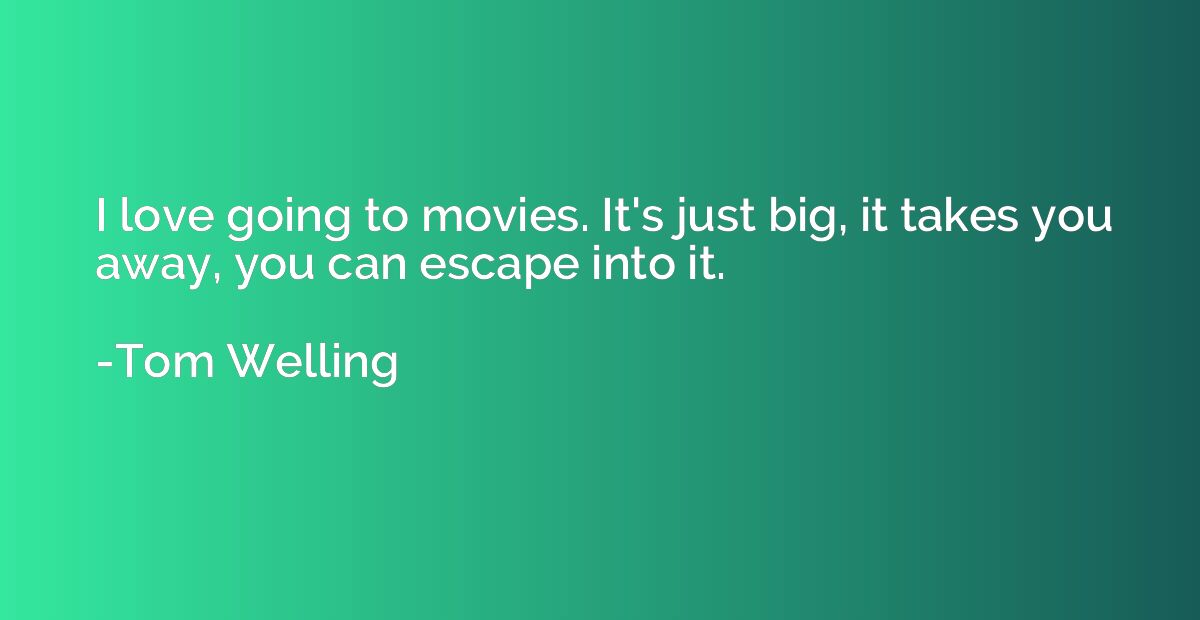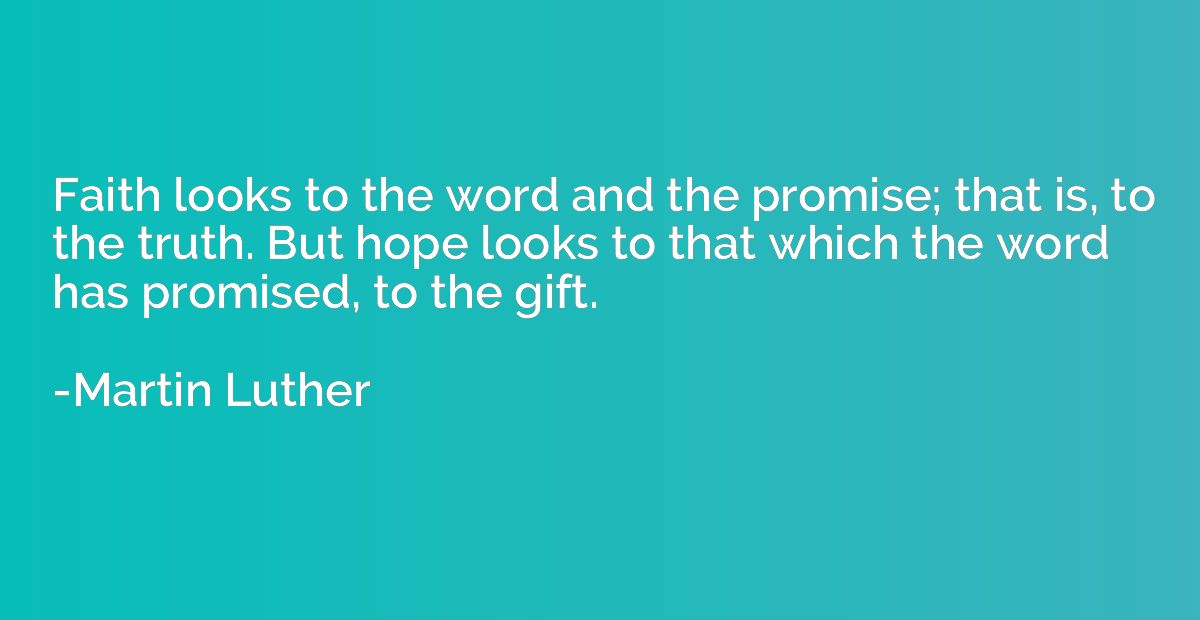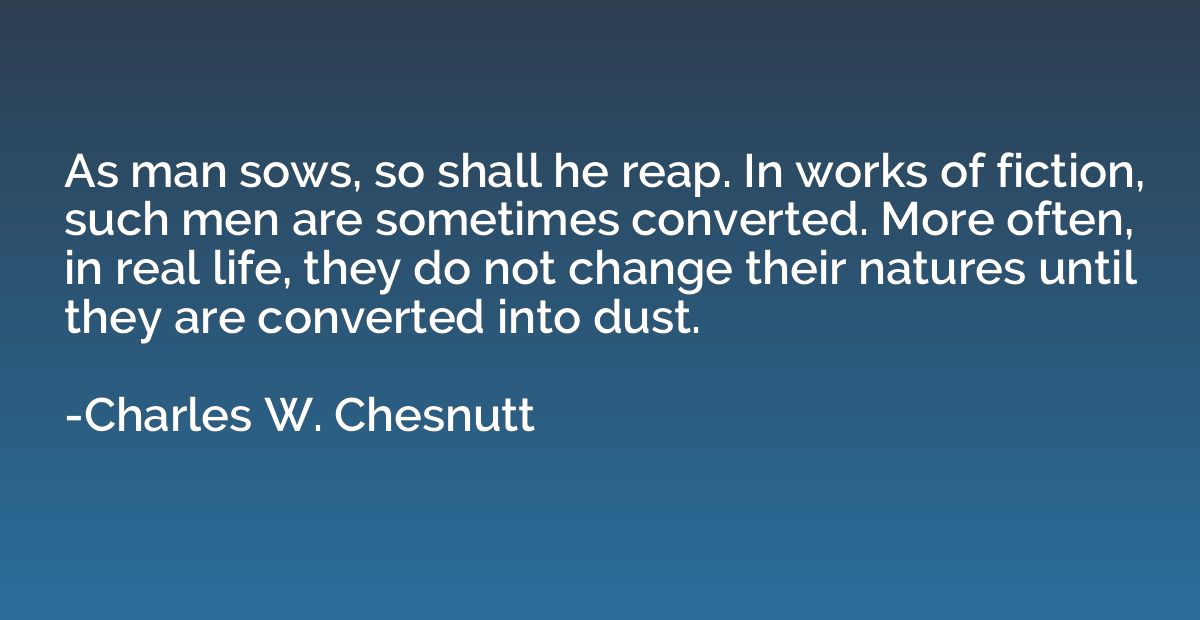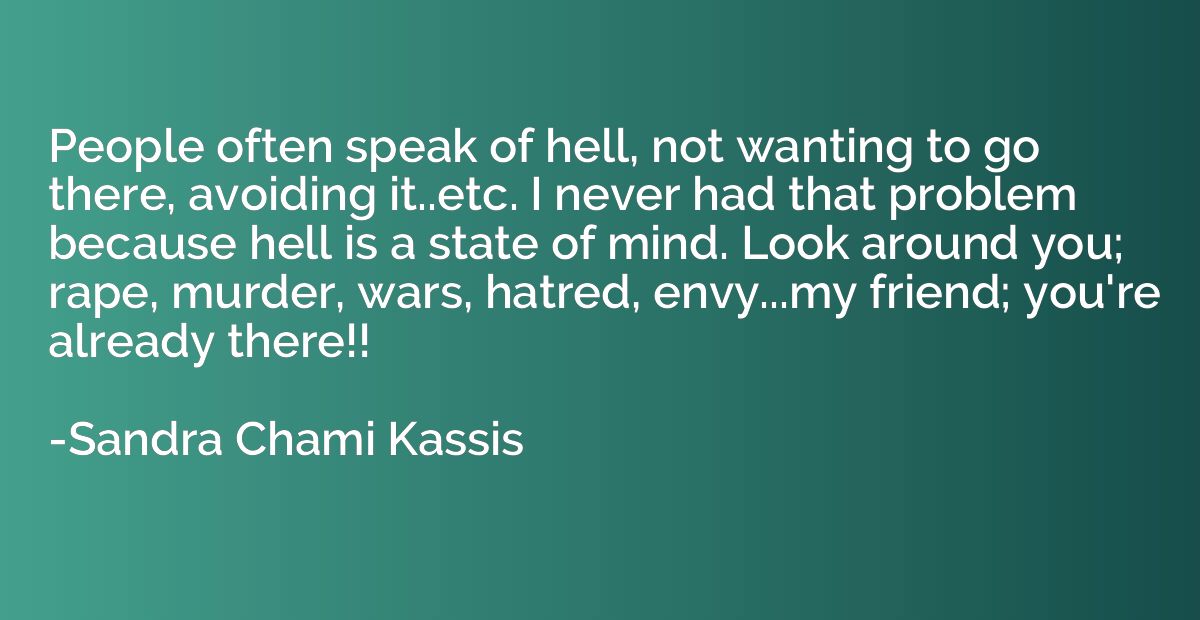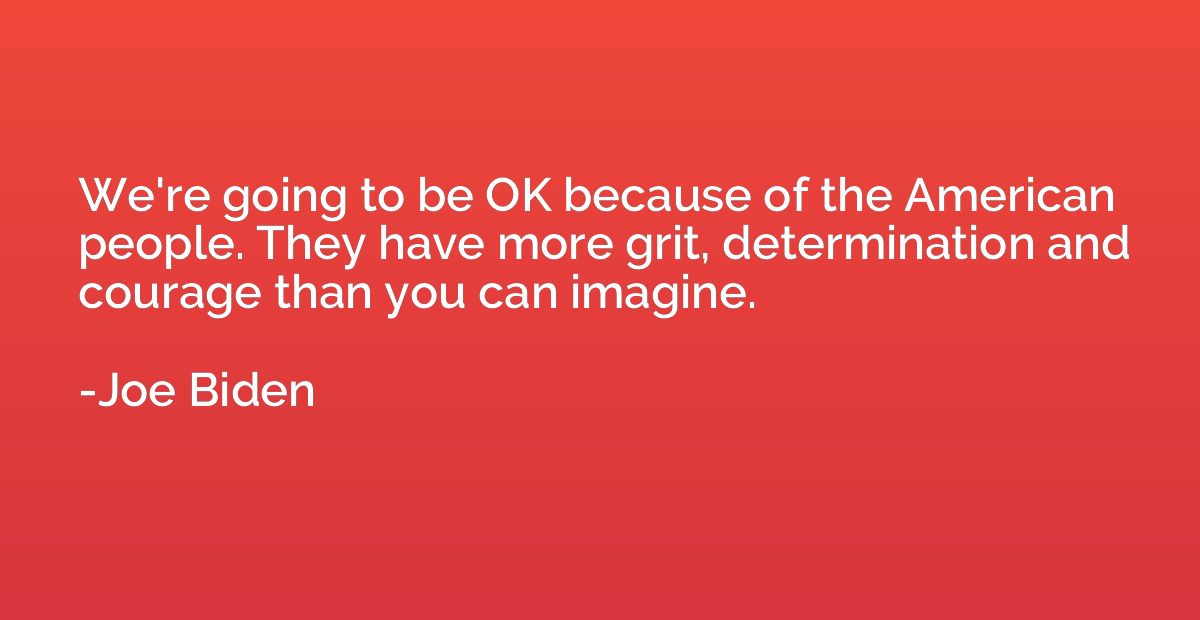Summary
This quote suggests that having less routine and more variety in life leads to a richer and more fulfilling experience. By breaking free from the monotony of a rigid routine, we open ourselves up to new experiences, opportunities, and growth. Embracing change and spontaneity can enable us to lead a more exciting and dynamic life, making each day feel more vibrant and alive. It encourages us to step out of our comfort zones, seek new adventures, and embrace the uncertainty that life offers. Ultimately, by avoiding routines, we can savor the essence of life and fully appreciate its unpredictable nature.
